The Difference Between Truth and Facts
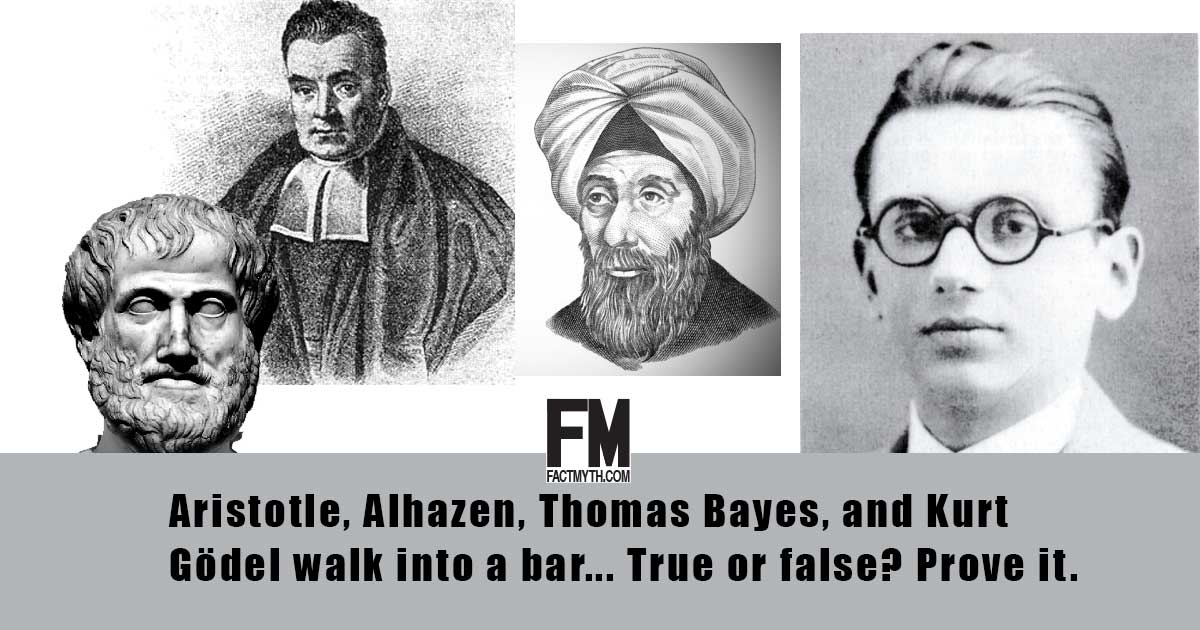
Truth and facts have a lot in common, but they are not exactly the same. Truth is something that is the case. Facts are true statements. Truth is best described using facts and logical reasoning.
Everything is either true or not true, truth is that which does not contain any falseness. Everything that is not true is false.
“Caesar non supra grammaticos“, “Caesar is not above grammarians” meaning that grammar (knowledge) comes before power.

Truth and facts have a lot in common, but they are not exactly the same. Truth is something that is the case. Facts are true statements. Truth is best described using facts and logical reasoning.

As an independent fact-checking site we fact-check a range of touchy subjects… and sometimes people get upset with us for not validating their conspiracy theories.
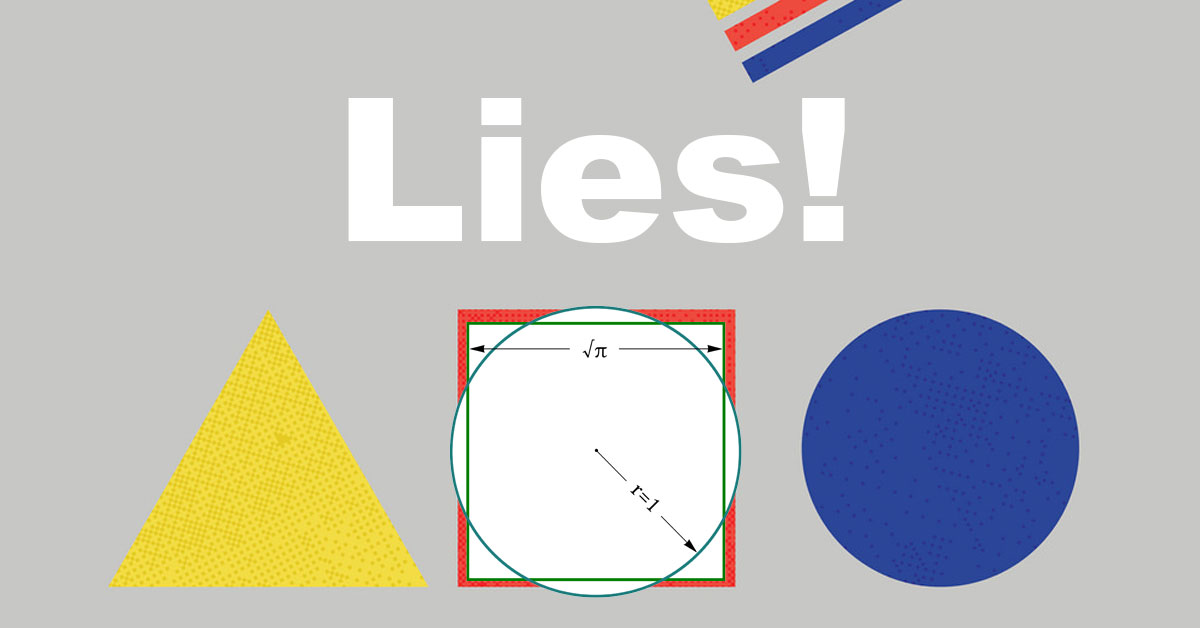
I would argue that most sources of information and any information they contain should not be dismissed due our thoughts on them in general or a portion of their content. Instead, I would argue that any source is capable of presenting good and useful information, even if they typically don’t.
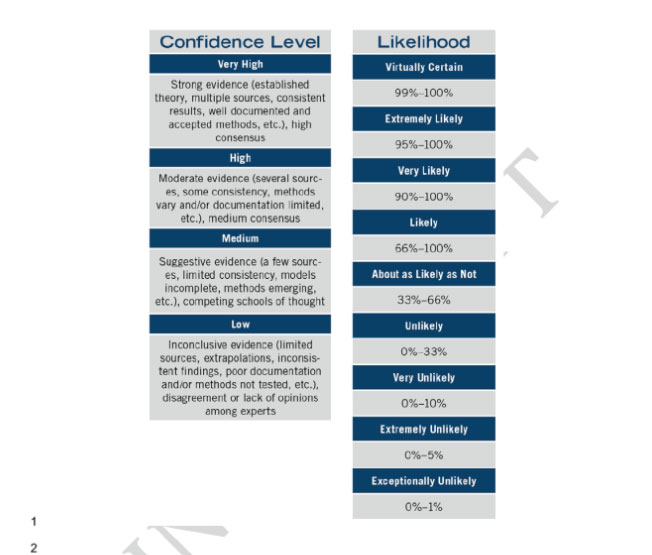
Facts are things that are the case for sure, they are stated plainly and without bias. Opinions meanwhile inject subjectivity and bias. Since most content in any form contains at least some subjectivity and bias, it is rare to find pure facts and common to find opinion.
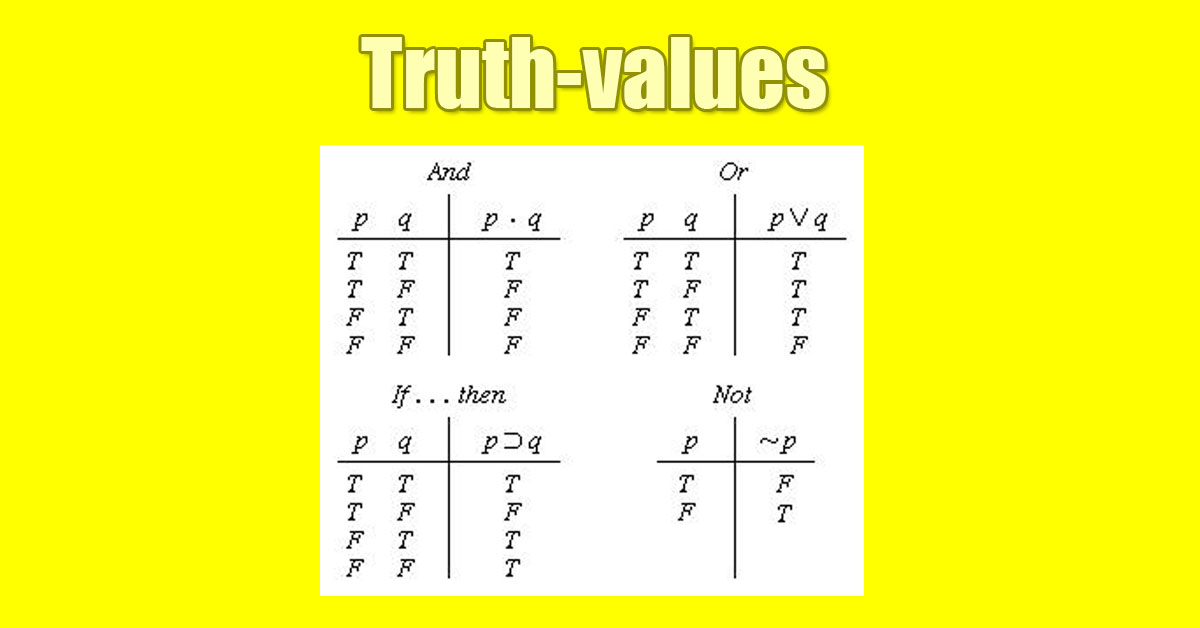
A truth-value is a label that is given to a statement (a proposition) that denotes the relation of the statement to truth.
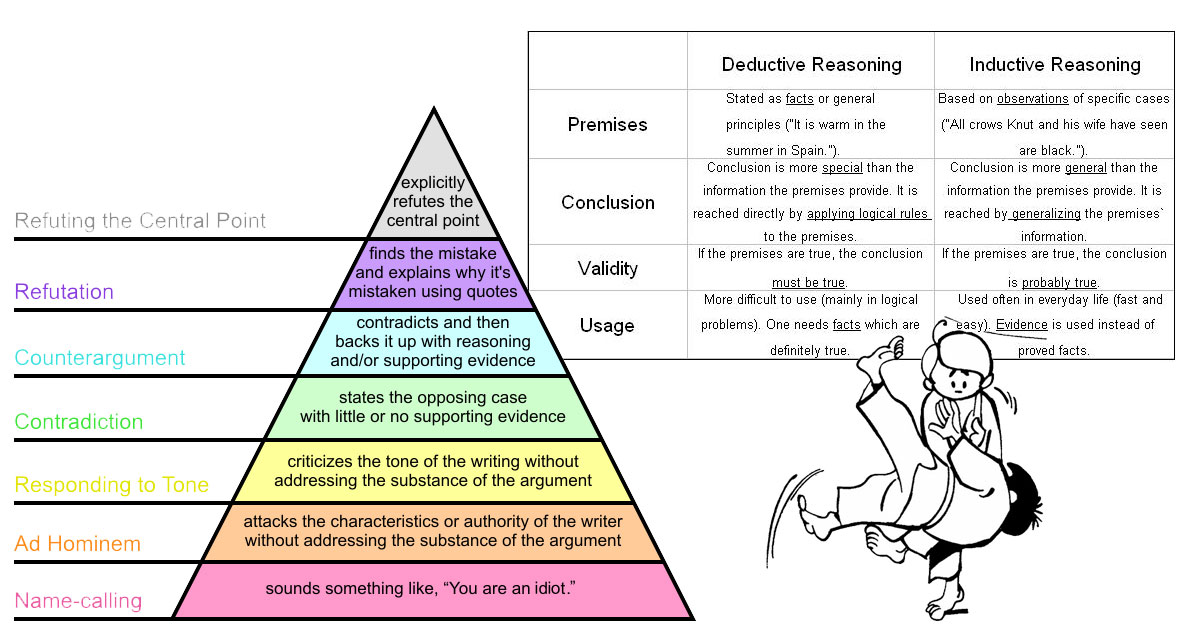
We present a list of types of propaganda, propaganda techniques, and propaganda strategies used to manipulate public opinion in the modern day.
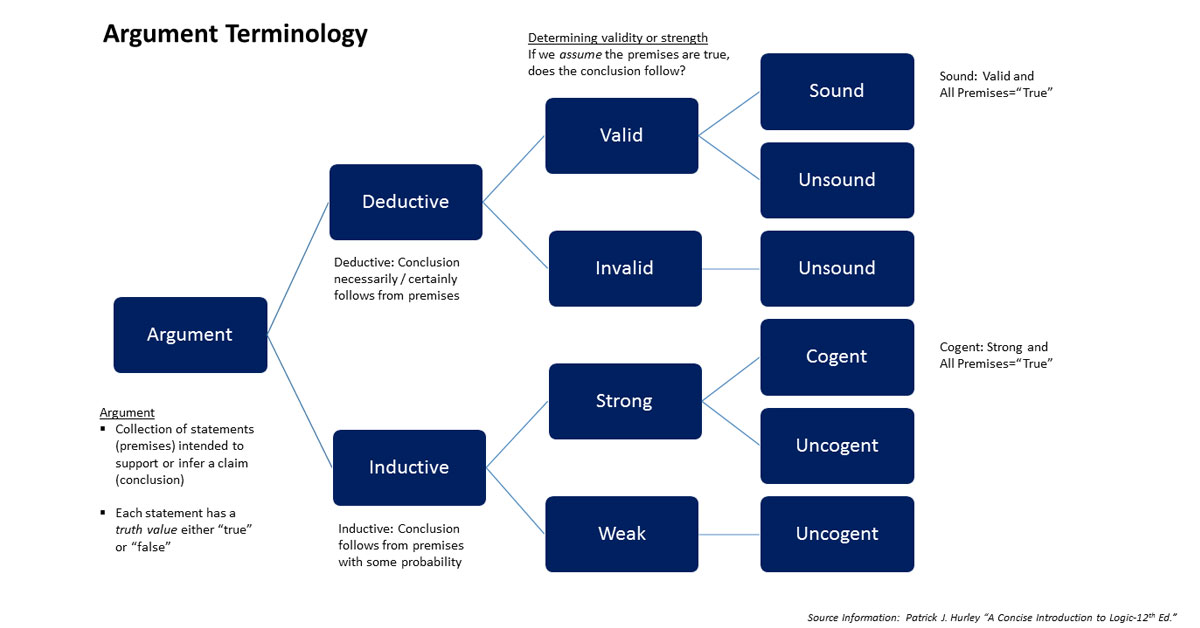
We explain and compare the different types of reasoning methods including deductive, inductive, abductive, analogical, and fallacious reasoning.

We present a basic theory of human knowledge to help illustrate some essentials of “what we can know” and “how we can know it.”
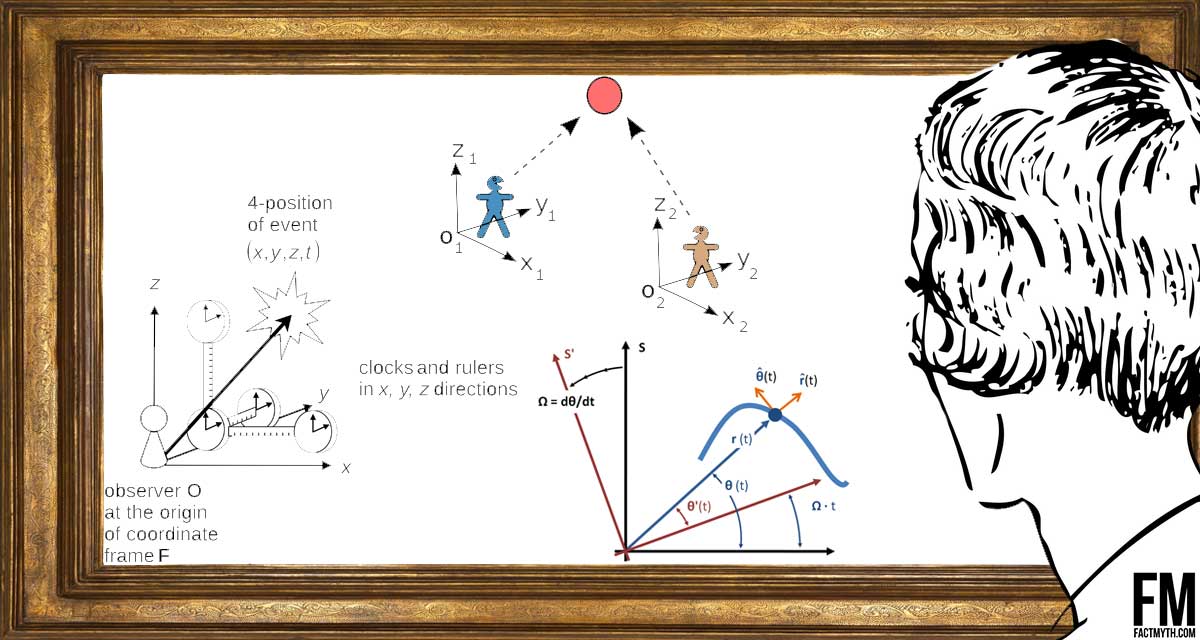
Reason and logic are two closely related forms of thinking involving the comparison of terms that can be studied in terms of mathematics or philosophy and can be considered together as well as apart.
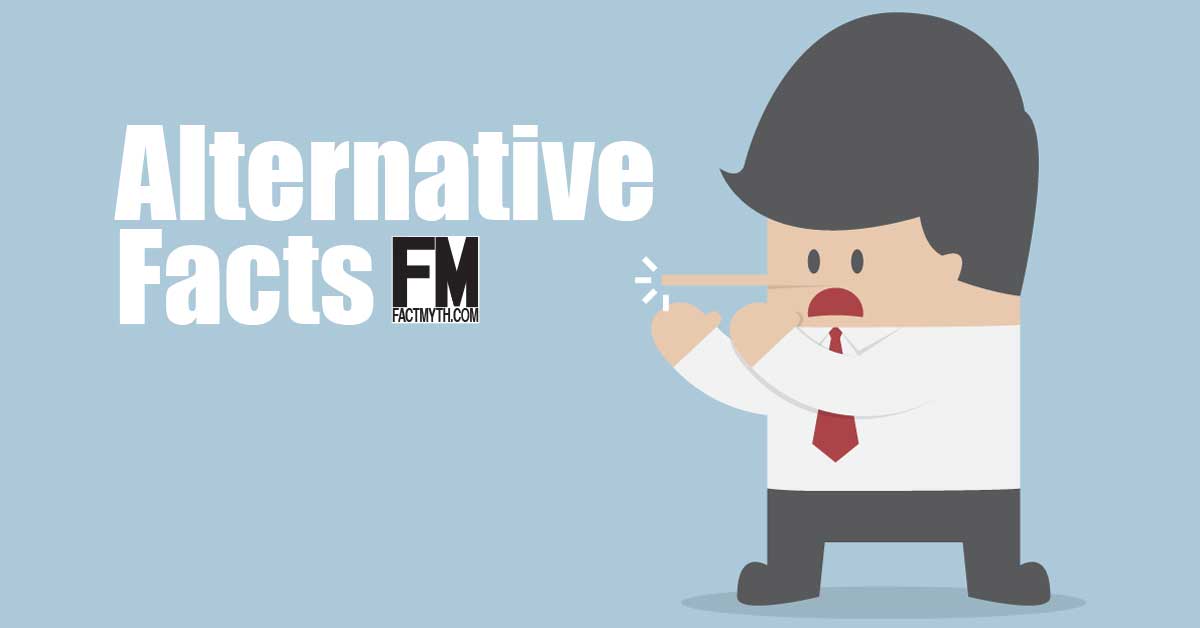
I offer opinions on how to fact-check alternative facts from the perspective of a fact-checker who fact-checks alternative facts. Fact.